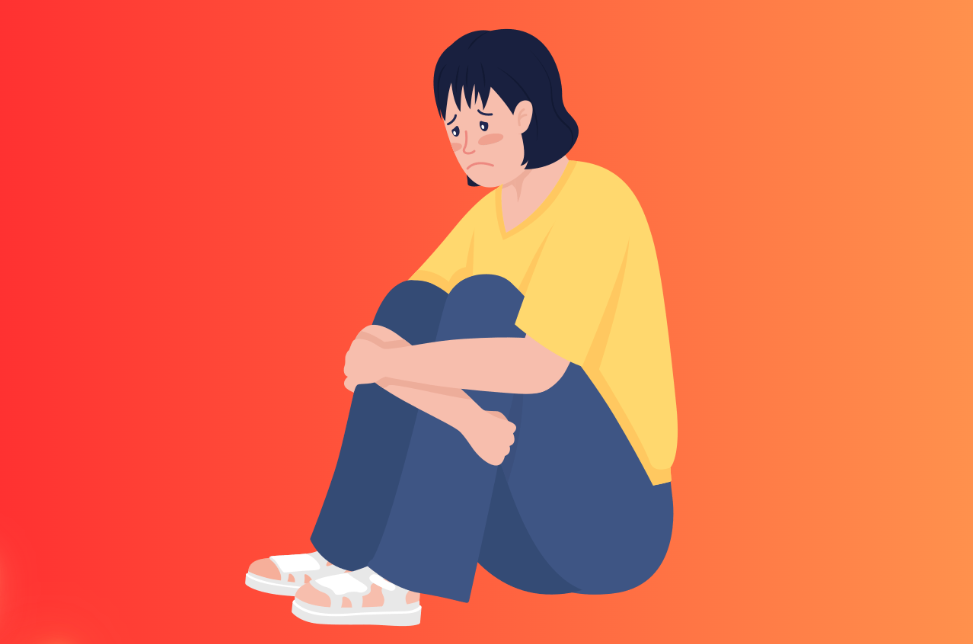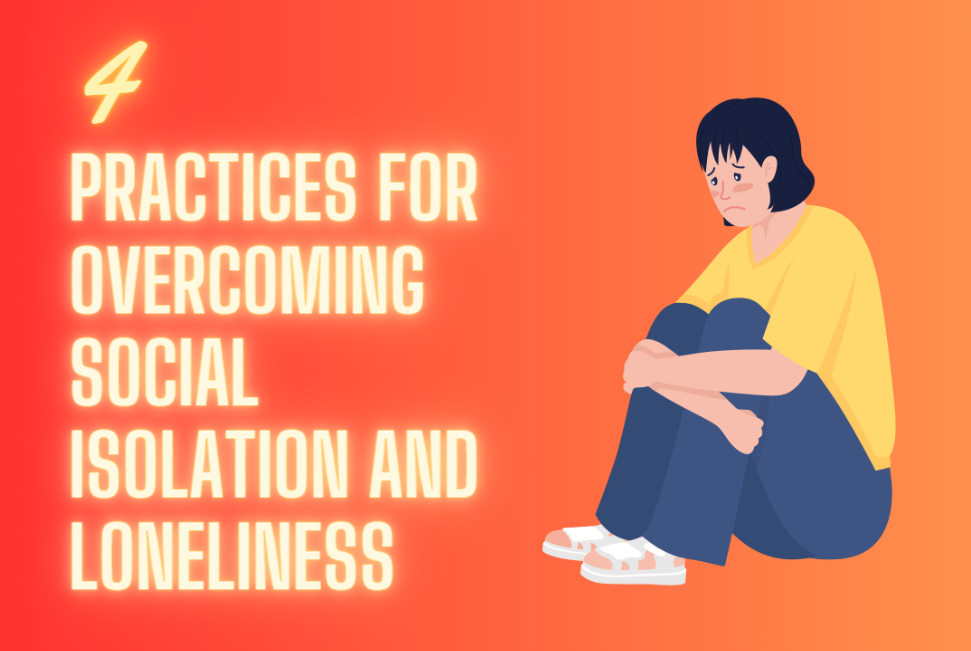Introduction
Feeling isolated or lonely? You’re not alone. It’s time to reconnect with the world around you.
Dive into these four key practices to break free from the chains of solitude.
Engage with your community, prioritize in-person chats, build deep relationships, and pick up social hobbies that resonate with you.
Each step’s designed to draw you closer to a more connected, fulfilling life.
So, let’s get started on this journey to a more social you.
Embrace Community Engagement
To counteract feelings of loneliness, you can immerse yourself within community activities, finding solace and connection among like-minded individuals. Volunteering at local charities or joining clubs that align with your interests offers you a chance to build meaningful relationships. When you’re part of a group working towards a common goal, you’re not just contributing to a cause; you’re also weaving yourself into the fabric of a community.
Don’t hesitate to explore different events in your area, such as workshops, classes, or meetups that resonate with your hobbies or passions. You’ll be surprised how quickly you can bond with others who share your enthusiasm. It’s about stepping out of your comfort zone and opening up to new experiences.
Prioritize Face-to-Face Interactions
Building on your journey to connect, you’ll find that prioritizing face-to-face interactions can create deeper bonds than any digital communication could offer. When you’re physically present with someone, you share more than just words. You exchange glances, observe body language, and experience emotions at the moment. These subtle cues build empathy and understanding, fostering a sense of closeness that’s hard to replicate online.
Make an effort to arrange in-person meetups with friends or family. It doesn’t have to be elaborate; a simple coffee catch-up or a walk in the park can do wonders. If you’re feeling adventurous, try joining a local club or class that aligns with your interests. It’s a great way to meet new people who share your passions.
Remember, it’s the quality of the interaction, not the quantity, that counts. Give your full attention to the person you’re with—put away your phone, listen actively, and engage in the conversation. These meaningful exchanges can significantly reduce feelings of isolation and loneliness.
Cultivate Meaningful Relationships
You’ll find that nurturing a handful of deep, meaningful relationships can be more satisfying than maintaining numerous superficial connections. To cultivate these, you’ve got to invest time and energy. Identify people who share your values and interests, and make the effort to strengthen those bonds. It’s about quality, not quantity.
Start by reaching out. Send a message to a friend you’ve lost touch with or invite a coworker out for coffee. When you’re together, be present. Listen actively and share openly. This vulnerability fosters intimacy, which is the cornerstone of a meaningful relationship.
Remember, it’s a two-way street. Offer support when your friends are in need, and don’t hesitate to ask for help when you’re struggling. Celebrating successes and facing challenges together builds a strong foundation.
Don’t overlook the power of routine. Establishing regular check-ins, whether they’re weekly calls or monthly brunches, keeps the connection alive. And if distance is an issue, technology has made it easier than ever to stay in touch. Video chats can bridge miles and maintain the face-to-face element that’s so important.
Explore New Social Hobbies
Engaging in a new group activity can significantly expand your social circle and enrich your personal life. Whether you’ve always wanted to learn salsa dancing, join a book club, or get involved in local theater, there’s a group out there that’s eager to welcome newcomers.
Diving into a new hobby isn’t just about filling your time; it’s about connecting with others who share your interests and passions.
As you explore these new ventures, you’ll find that social hobbies often have the power to break down barriers. You’re not just another face in the crowd; you’re a fellow enthusiast, and that creates a strong foundation for building new friendships.
Remember, it’s not about being the best or most experienced – it’s about sharing a journey of learning and growth with others.
Don’t hesitate to step outside your comfort zone. You might be surprised at how quickly you can bond with people when you’re all laughing over a missed dance step or debating a plot twist in a novel. These shared experiences foster a sense of belonging and can be incredibly effective in combating feelings of isolation.
Frequently Asked Questions
How Does Social Isolation Affect Physical Health, and Can It Lead to Chronic Illnesses?
Social isolation can harm your physical health significantly. It’s linked to high blood pressure, heart disease, and a weakened immune system. Over time, you’re at a higher risk for chronic illnesses like type 2 diabetes.
The stress from feeling isolated can also lead to poor sleep and obesity, further impacting your well-being. It’s crucial to find ways to connect with others to mitigate these risks and improve your overall health.
Are There Specific Technological Solutions or Digital Platforms Recommended for Those Who Are Physically Unable to Participate in Community Events or Face-To-Face Interactions?
You’re looking for tech to connect with others despite physical limitations.
Video chat platforms like Skype or Zoom are great.
Social media sites like Facebook can help you engage with communities of interest.
For a more immersive experience, try virtual reality meetups.
Don’t forget about simple phone calls or texting apps like WhatsApp.
These tools can shrink distances and make it easier for you to maintain social connections without having to be there in person.
How Can Caregivers or Family Members Assist a Person Who Is Resistant to Social Engagement Due to Past Negative Experiences or Trust Issues?
You’ve got a challenge if a loved one’s resisting social interaction due to past hurts or trust issues.
Start with empathy, acknowledging their feelings.
Gently encourage small steps towards connection, maybe through shared interests or hobbies.
Remember, building trust takes time.
Offer support without pressure; celebrate even minor victories in socializing.
Your patience and understanding can slowly help them open up and take risks in forming new relationships.
What Are the Psychological Effects of Prolonged Loneliness, and Can It Alter Personality or Cognitive Functions?
You’re dealing with prolonged loneliness, which can seriously mess with your mind. It’s not just about feeling down; it can actually change who you are.
Over time, you might notice shifts in your personality, becoming more withdrawn or even suspicious. And it’s not just your mood that’s at risk; your thinking can get fuzzy, memory might slip, and decision-making can become a real challenge.
It’s tough, but these changes are real and significant.
How Can One Measure the Progress or Improvement in Overcoming Social Isolation, and When Should Professional Help Be Sought?
You can measure your progress by tracking social interactions and noting improvements in mood and behavior. If you’re engaging more with others and feeling better, you’re on the right track.
However, if you’re stuck or your mental health is suffering, it’s time to seek professional help. Don’t wait too long; a therapist or counselor can provide valuable support and strategies to help you connect with others and combat loneliness effectively.
Conclusion
You’re not alone in feeling lonely. By engaging with your community, prioritizing in-person connections, nurturing deep relationships, and diving into new social activities, you’ll break through the barriers of isolation.
Remember, it’s about quality over quantity. So, go on, step out of your comfort zone, forge genuine bonds, and enrich your life with the joy of companionship.
Your social well-being is in your hands—grab it and watch your world transform.





